School Highlights
National University College-Arecibo serves 1,460 students (66% of students are full-time).
The college's student:teacher ratio of 36:1 is higher than the state community college average of 16:1.
Minority enrollment is 100% of the student body (majority Hispanic), which is less than the state average of 99%.
Quick Stats (2025)
- Enrollment: 1,460 students
- Private-state tuition: $6,495
- Acceptance Rate: 77%
- Student:teacher ratio: 36:1
- Minority enrollment: 100%
- Source: Integrated Postsecondary Education Data System (IPEDS)
Top Rankings
National University College-Arecibo ranks among the top 20% of public schools in Puerto Rico for:
Category
Attribute
School Overview
The teacher population of 41 teachers has stayed relatively flat over five years.
National University College-Arecibo
(PR) Community College Avg.
Carnegie Classification
Item not available
Not applicable, not in Carnegie universe (not accredited or nondegree-granting)
Institution Level
Four or more years
Four or more years
Institution Control
Private, for profit
Private for-profit
Total Faculty
41 staff
70 staff
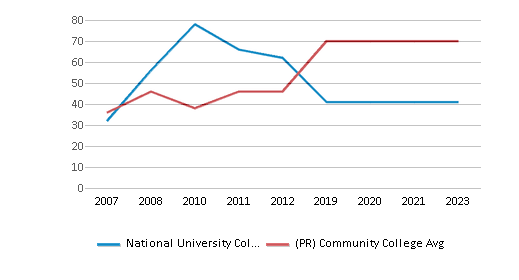
Student Body
The student population of National University College-Arecibo has stayed relatively flat over five years.
The student:teacher ratio of 36:1 has stayed the same over five years.
The National University College-Arecibo diversity score of 0.00 is less than the state average of 0.18. The school's diversity has stayed relatively flat over five years.
Total Enrollment
1,460 students
589 students
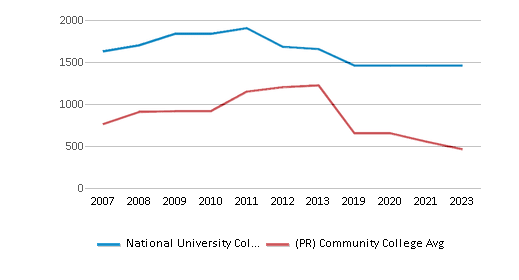
Student : Teacher Ratio
36:1
16:1
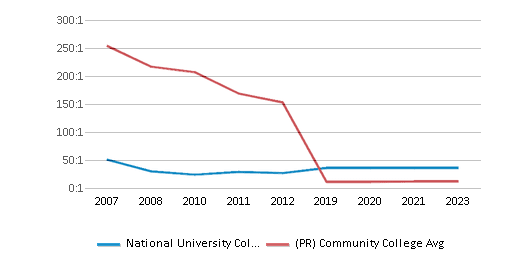
# Full-Time Students
960 students
463 students
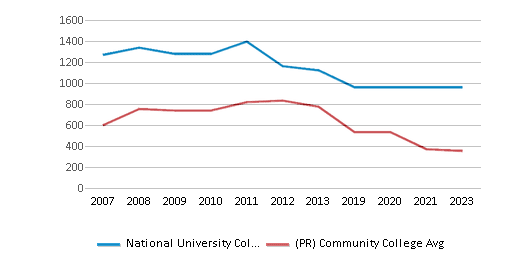
# Part-Time Students
500 students
125 students
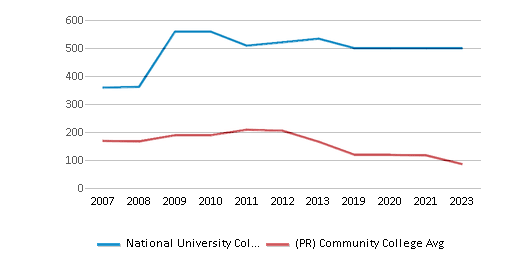
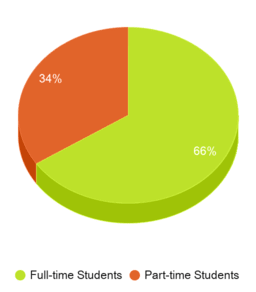
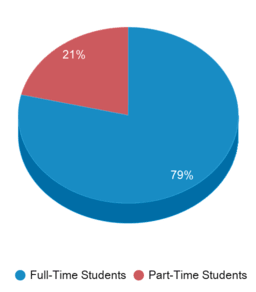
# Enrollment Undergraduate
165 students
323 students
# Full-Time Undergraduate Students
960 students
408 students
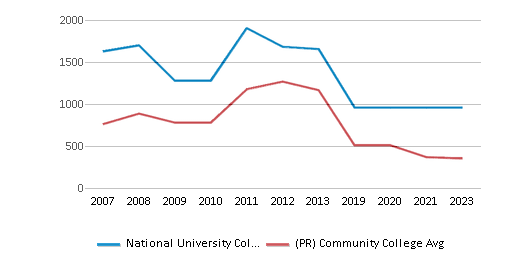
# Full-Time Graduate Students
n/a
167 students
# Part-Time Undergraduate Students
491 students
141 students
# Part-Time Graduate Students
9 students
60 students
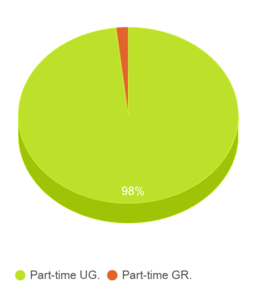
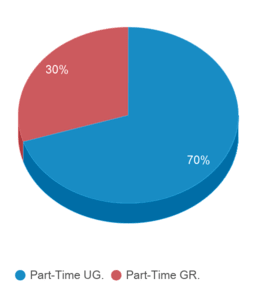
% Hispanic
100%
90%
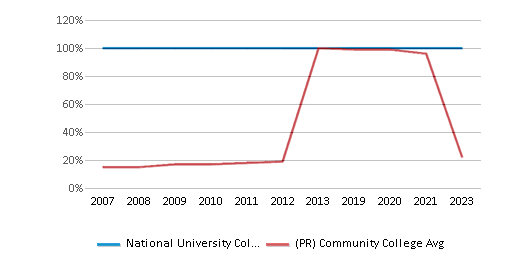
% Black
n/a
7%
% White
n/a
1%
% Unknown races
n/a
2%
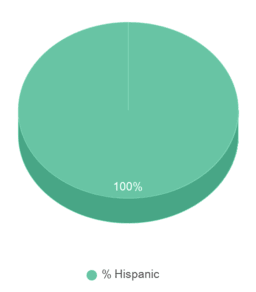
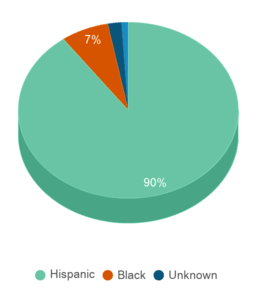
Diversity Score
0.00
0.18
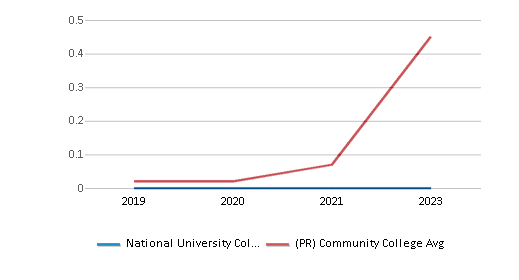
College Completion Rate (Students who graduate in less than 4 years)
n/a
0.5038%
College Completion Rate (Students who graduate in 4 years or more than 4 years)
n/a
0.4222%
Average Graduate Earnings (10 Years)
$19,600
$20,600
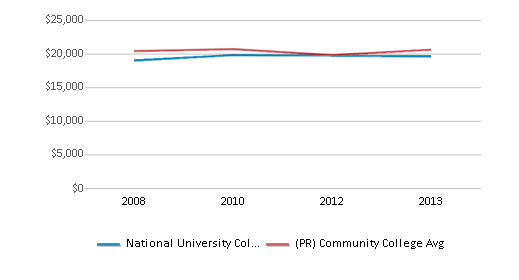
Tuition and Acceptance Rate
The private state tuition of $6,495 is more than the state average of $6,484. The private state tuition has declined by 6% over four years.
Private State Tuition Fees
$6,495
$6,484
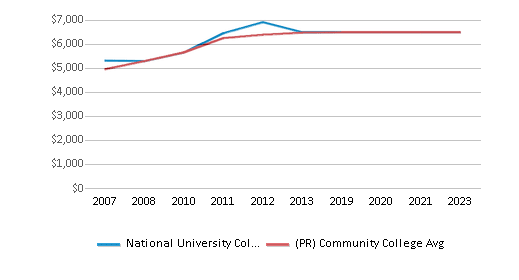
% Students Receiving Some Financial Aid
97%
96%
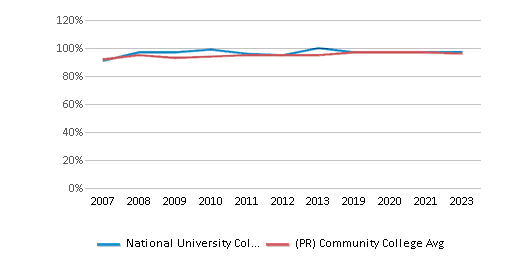
Median Debt for Graduates
$5,500
$4,865
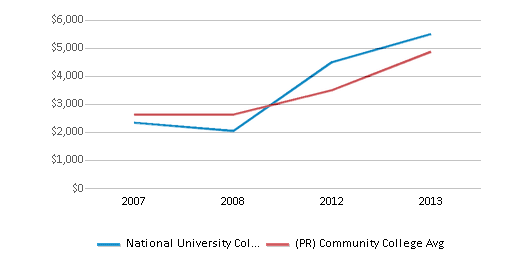
Median Debt for Dropouts
$3,500
$2,750
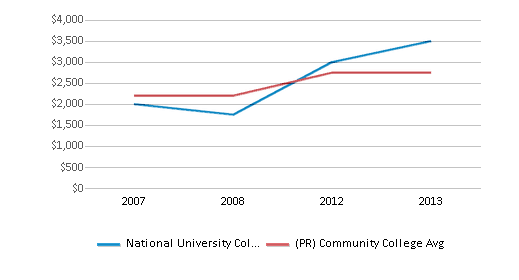
Acceptance Rate
77%
77%
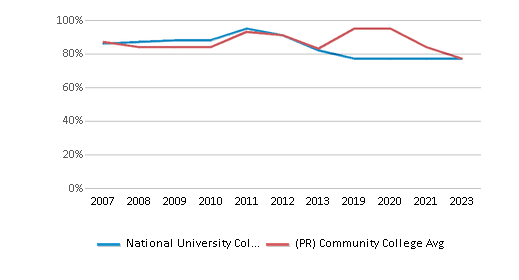
SAT Reading
n/a
422
SAT Math
n/a
456
Source: 2023 (or latest year available) Integrated Postsecondary Education Data System (IPEDS)
Frequently Asked Questions
How much does National University College-Arecibo cost?
National University College-Arecibo's private state tuition is approximately $6,495.
What is the acceptance rate of National University College-Arecibo?
The acceptance rate of National University College-Arecibo is 77%, which is equal to the state average of 77%.
What is National University College-Arecibo's ranking?
National University College-Arecibo ranks among the top 20% of community college in Puerto Rico for: Average community college minority breakdown.
Recent Articles

Obtaining Your Bachelor's Degree at a Community College
Explore the evolving landscape of community colleges offering bachelor's degrees, addressing affordability, accessibility, and workforce needs.

A to Z of Community College Certificates and Courses
From business and healthcare to technology and skilled trades, the article showcases the breadth of options available to students seeking to enhance their knowledge, develop new skills, or pursue career advancement.

What is a Community College?
This comprehensive guide explains what a community college is, its history, and its role in higher education. It covers the types of programs offered, differences from four-year colleges, benefits of attending, and important considerations for prospective students, providing valuable insights for those exploring educational options.







